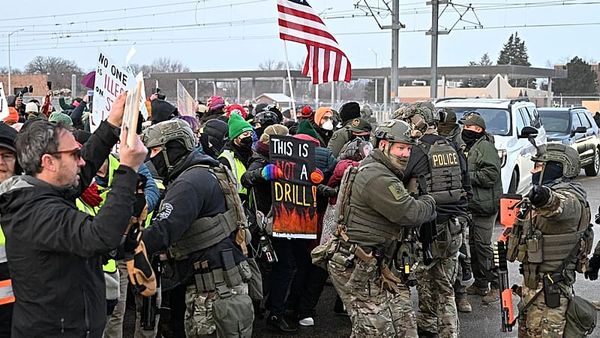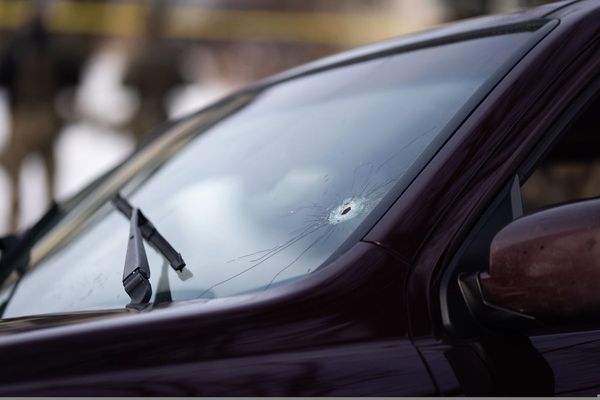THE World Health Organisation (WHO) has said there is a “high risk” of a polio outbreak in Gaza.
Traces of polio were found in sewage samples collected from two different sites in Gaza last month, which suggests that the infection may be circulating amongst the population.
While no cases of polio-related paralysis have yet been recorded by Gaza’s struggling healthcare system, the Israeli military said on Sunday that it had begun vaccinating soldiers.
The WHO’s team lead for health emergencies in Gaza, Ayadil Saparbekov, said vaccine-derived poliovirus type 2 was at risk of spreading as the humanitarian crisis continues to impact the sanitation system.
Vaccine-derived poliovirus comes from the weakened virus used in the oral polio vaccine which, when allowed to circulate in unimmunized populations, can revert to a strain which causes illness and paralysis.
"There is a high risk of spreading of the circulating vaccine-derived polio virus in Gaza, not only because of the detection but because of the very dire situation with the water sanitation," Saparbekov told reporters via video link from Jerusalem.
"It may also spill over internationally, at a very high point."
Both the WHO and Unicef said they believe a mass vaccination campaign may be needed in Gaza yet acknowledged that doing so would be difficult due to continued difficulties in getting humanitarian supplies and workers into the region.

Since October 7, the Israeli military said it has sent around 300,000 vaccines to be given to Palestinians in Gaza.
But while in 2022 polio vaccine coverage amongst the Palestinian population in Gaza and the West Bank was estimated to be at 99%, it dipped to 89% in 2023.
The destruction of much of Gaza’s healthcare infrastructure due to Israeli bombardment, with 31 of 36 hospitals either destroyed or damaged, means that launching any form of vaccine campaign would be difficult.
Polio spreads through faecal matter, meaning that the mass displacement of populations and destruction of the sanitation system will also increase risk of it spreading.
“I'm extremely worried about an outbreak happening in Gaza,” said Saparbekov.
“And this is not only polio [but] different outbreaks of communicable diseases.”







